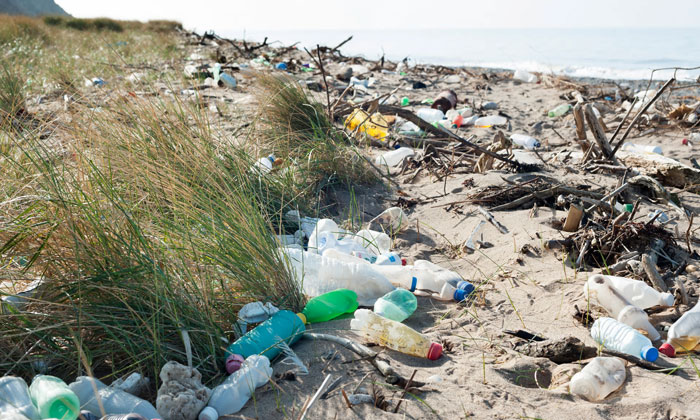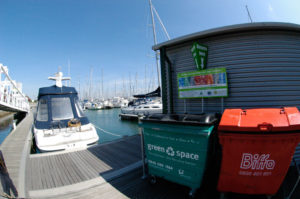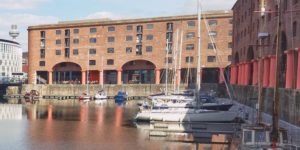Tackling plastic pollution

As the UK considers a tax on single-use plastics to tackle ocean pollution, The Green Blue takes a look at what boaters can do to help.
In the autumn budget Philip Hammond called for evidence into the use of everyday plastics and how a charge could help shrink the UK’s waste – a project now well underway.
Just last month the prime minister, Theresa May, unveiled a 25-year plan for the environment in England. A war on plastic waste was announced with proposed policies including plastics-free aisles in supermarkets and a tax on takeaway containers.
She said: “I can confirm that the UK will demonstrate global leadership. We must reduce the demand for plastic, reduce the number of plastics in circulation and improve our recycling rates.”
The prime minister also announced a plan to use the Commonwealth heads of government summit in April to push for a charter across member states to reduce the amount of plastic waste in oceans.
DEVASTATING IMPACT
It is estimated that more than a million birds and 100,000 marine mammals and turtles die every year worldwide from entanglement, or ingestion of plastics such as balloons and carrier bags. Beach litter has increased by 80 per cent in the last 10 years and it costs up to £25,000 each year to remove the rubbish from the water in some harbours.
If nothing changes, by 2050 plastic in the ocean could outweigh all the fish. Plastic impacts on entire ecosystems, marine life get caught up in it, eat it and live in it. It also has a direct impact on our health, acting as a sponge for toxins which can end up in our food.
Plastic is cheap and incredibly versatile with properties that make it ideal for many applications. However, these qualities have also resulted in it becoming an environmental issue. We have developed a ‘disposable’ lifestyle and it is estimated that around 50% of plastic is used once, then thrown away.
There is no doubt that plastic pollution in the ocean is a growing global crisis and campaigns such as Sky Ocean Rescue, the eXXpedition team that sailed around the British Isles sampling the waters for plastics and toxics, and the BBC series Blue Planet II have all recently highlighted the scale of the issue.

What can we do as boaters?
There are steps we can all take to raise awareness of plastic pollution and help tackle the problem. By pledging to help reduce marine debris and encouraging others to do the same, the boating community can be part of the solution.
• Stamp out single-use plastics by using refillable water bottles and reusable bags
• Buy products with less packaging to reduce carbon footprint
• Always choose products without microbeads
• Ditch the disposables – remove all plastic cups and straws
• Consider more eco-friendly alternatives such as cutlery and rubbish bags made from corn-starch, which can be composted
• Take part in year-round beach and shoreline clean ups
• Find local recycling facilities at www.recycle-more.co.uk
• Do not throw anything over the side, including food
• Prevent loose items from blowing overboard
• If you smoke, keep a butt tin in your pocket for cigarette ends
• Do not contaminate general waste by throwing hazardous items in the wrong container e.g. paint tins, oily rags and old electronic instruments
• Get involved, learn more and spread the word
By working towards an environmentally sustainable boating community, we can save money, avoid red tape and safeguard the waterways and habitats we enjoy for the future. There are lots of ways you can support organisations that do great work to protect the oceans, from joining a local beach clean, to signing petitions or fundraising. Start your journey today.
More resources
Download The Green Blue’s handy guides and become a #GreenBlueChampion at https://thegreenblue.org.uk/
• The Green Guide for Coastal Boating
• The Green Guide for Inland Boating
To find out more about the work of The Green Blue visit www.thegreenblue.org.uk
Kate Fortnam, The Green Blue Campaign Manager










